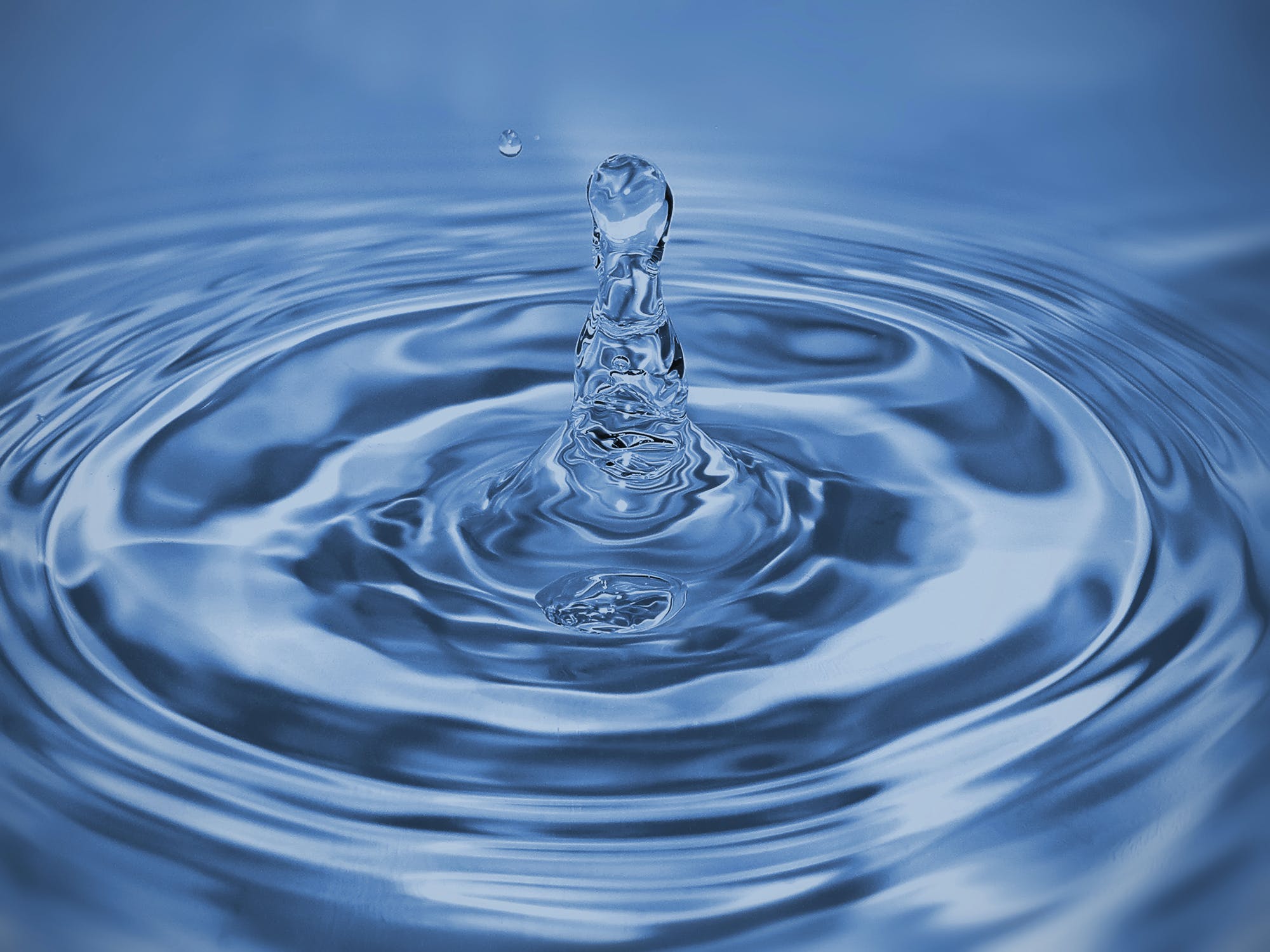How to Do Your Part to Help the Global Water Crisis

How to Do Your Part to Help the Global Water Crisis
We all need water to live, but in some parts of the world people barely have enough clean water to survive. If we’re going to solve the global water crisis, it’s up to all of us to take steps to conserve water. There are a number of water best practices you can apply to your life that will make a difference.
What Countries Are Affected Most Severely?
If you live in a place less affected by the global water crisis, the urgency of this problem may be less obvious. The top most 5 water-stressed countries in the world are:
- Qatar. The population is growing, but there is not a single river in the country to meet water needs.
- Israel. Drought is one of the most common reasons for a water shortage — and Israel has been suffering droughts for the last 7 years.
- Lebanon. A prime example of why we need to improve water conservation, Lebanon is struggling because of wastage, poor storage, and pollution of water.
- Iran. Another country where water has been mismanaged is Iran.
- Jordan. Poor planning and increased demand due to an influx of refugees has led to a water shortage in Jordan.
Why Is Practicing Water Conservation and Smart Usage Crucial?
Clean water is a limited resource. By using more than you need, you put a strain on the entire system. Plus, your actions could impact water availability for future generations, even if where you live has sufficient water at the moment.
Simple Ways to Conserve Water at Home and Beyond
There are a large number of ways you can save water. Many are very simple and just require changing your behavior at home or when you’re out and about.
- Take fewer baths and shower for less time.
- Wash full loads in the washing machine and dishwasher.
- Fix leaks in your home.
- Take public transport, walk, or bike instead of driving.
- Eat more vegetarian meals that you prepare from scratch and less meat.
- Cut down on soda, coffee, and wine and drink more water.
Smart Practices We Can Implement as a Society
In addition to taking steps on a personal level, we need to change our approach to water as a society.
1. Reuse Wastewater
Treated wastewater is an inexpensive way to gain an alternative source of water. It’s ideal for agricultural applications, especially for growing water-intensive crops.
2. Collect Rainwater
It’s necessary to collect rainwater on a large scale to make a big impact. The practice is particularly useful for communities that suffer from long dry periods.
3. Implement Smart Solutions in Agriculture
Whereas the above can make a difference to agriculture, it’s even better to also implement smart solutions. For instance, farmers can install sensors to measure moisture levels of soil and can grow crops that are genetically modified to be more drought resistant.
4. Improve Water Technology & Lower Costs
If we are going to solve the global water problem, new water technologies are going to be a part of the answer. For example, 97% of the world’s water is salt water so if we can lower the cost of desalination technology and make more of this abundant water available, this alone could solve the problem.
Water Technologies That Can Help
We can make an even bigger difference by using water technologies that produce clean, eco-friendly water. Some solutions include:
- Fog catchers — These devices turn heavy fog into water. A fog catcher can be as simple as a mesh screen, although more effective devices use an electrical current.
- WaterSeer — Another way to take condensation from the air is with the WaterSeer. A turbine at the top cools the air and converts it into a water vapor that is then stored in a chamber. Users pump the water out of the chamber, just like with a normal well.
- Water filters — Everyone from hikers to communities that lack clean water can benefit from water filters. By removing bacteria, parasites, and other contaminants, filters can make almost any water safe to drink making more total water available.
How You Can Help Regions in Need
You can support larger projects and help regions most in need of water by donating to charities that are committed to solving the global water crisis. Donations mean that the organizations are able to fund efforts like improving availability for water, educating locals about water conservation, and increasing awareness of the problem.
No single solution will solve the global water crisis. We need to combine individual lifestyle changes with technology and larger efforts as a society. In addition, we need to help regions that are already struggling with water stress, like the Middle East and Africa. This will ensure people that have enough to drink, can maintain basic hygiene, and stop needing to dedicate many hours a day just to fetching water.
This is a guest blog written by Josh Sabourin from Water Tech Advice. Water Tech Advice is a company that helps individuals find suitable water technology for their homes, as well as provide education on the issue of water around the world.
